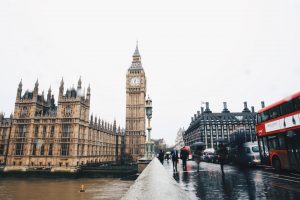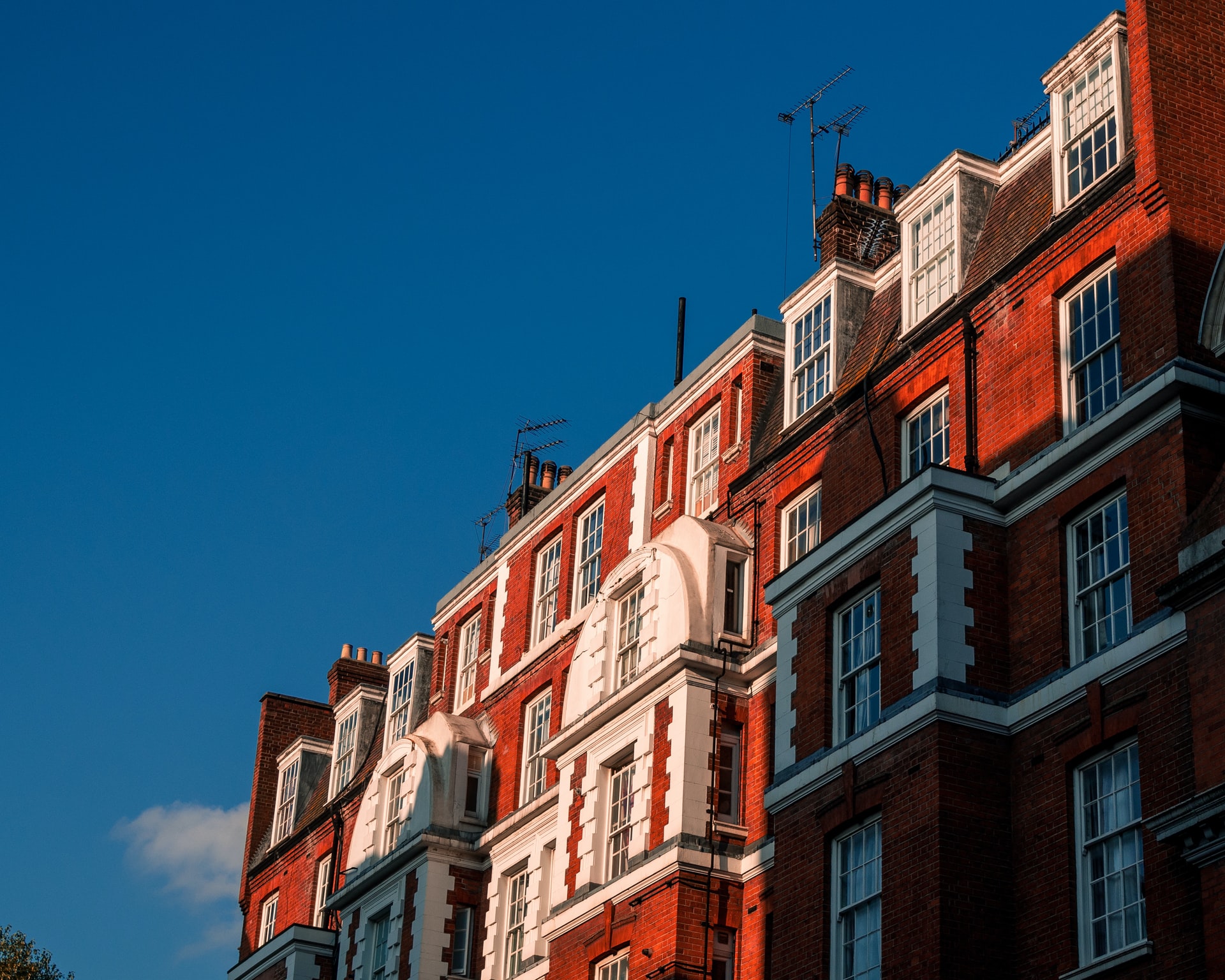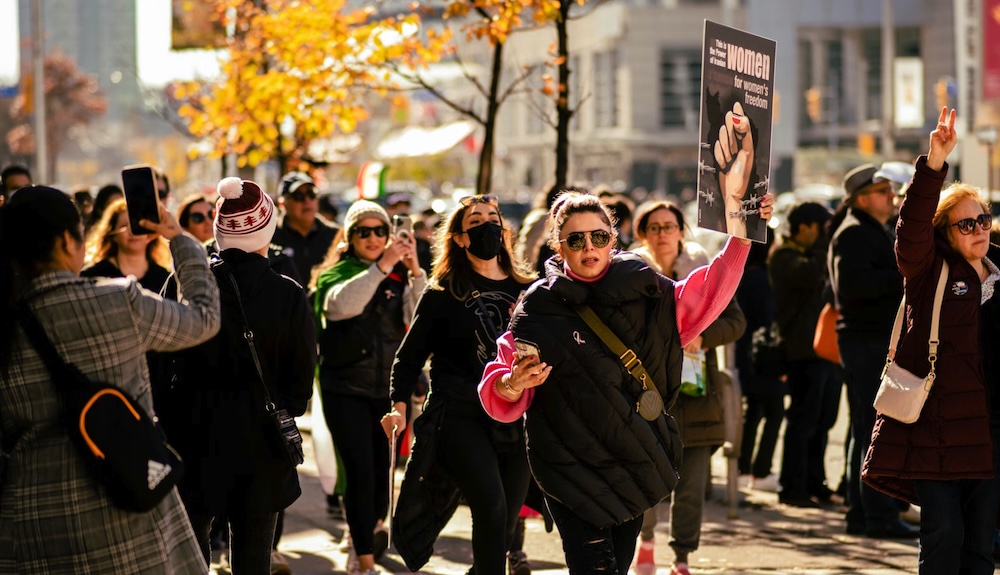The U.K. property market is analysed to be one of the worst performing sectors after Money Service Businesses, which shelled out more than £36.2m in fines to the authorities, since 2017. The fines imposed on the real estate industry agents and professionals amounted to more than £560,000 since ’17.
The U.K. authorities had already escalated the problem of vulnerability with various sectors even before the Ukraine crisis and the draconian sanctions packages introduced in the aftermath of the Russian invasion. Russian oligarch money migrating to London, the enabling schemes provided to the oligarchs have been a topic of discussion, along with loosely regulated sectors that flied under the radar so far.

“Londongrad” falling
With the sanctions having become a “chokehold” and London and the U.K.’s status as a destination for Russian dirty money, becoming a hot topic of discussion and regulatory action, it is likely that the U.K. government, with its new powers, will crackdown on sectors with considerable loopholes.
In March, the government has announced the Economic Crime (Enforcement and Transparency) Bill that will strengthen the regulation to clamp down on the wealth of “corrupt elites”. A register of the overseas owners of UK properties is in order, enabling the identification of the ownership retrospectively. Unexplained Wealth Orders (UWOs) will be strengthened to empower the government apparatus in tracking down front companies.
How does Real Estate relate to money laundering?
Real estate ownership is one of the various ways corrupt elites can seek to funnel their illicit wealth into the realm of the legit, given the lax AML regulations on properties purchased via trusts or front companies. Moreover, real estate purchases confer prestige to the owners, and the prestige ownership confers, and the steadily increasing value of properties.





